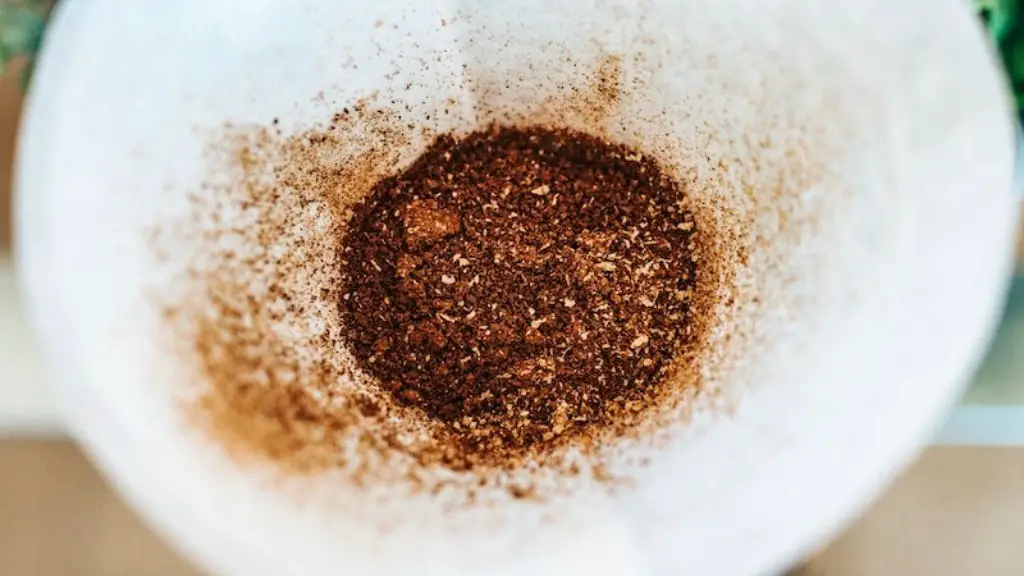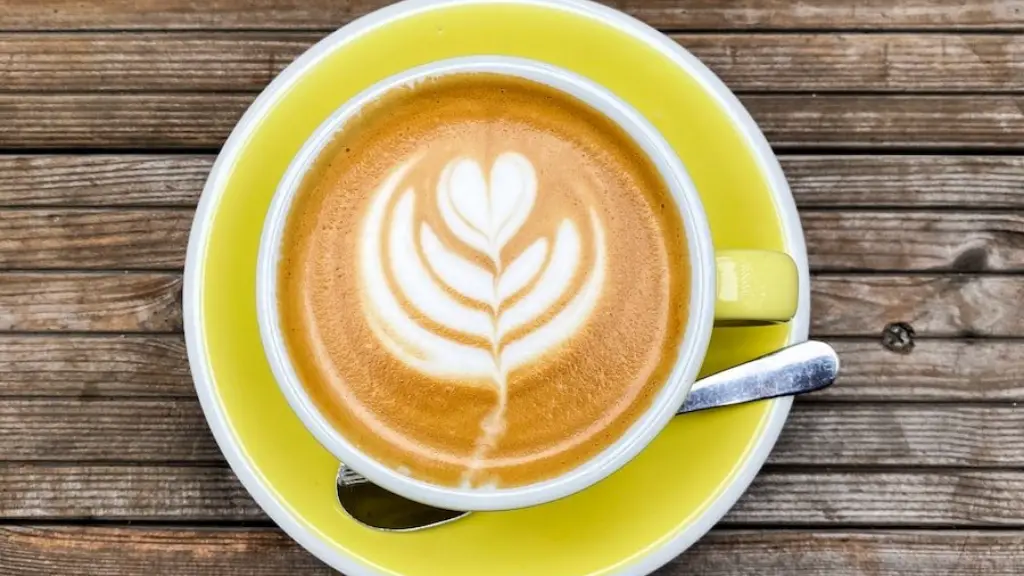Caffeine: The Pros and Cons of Coffee
Coffee is one of the most popular and widely consumed beverages in the world. People drink coffee for its energizing effects, but many don’t realize that coffee actually leaves some people feeling more tired and sleepy in the long run.
Coffee contains the stimulant caffeine and for some people, even a moderate amount of caffeine can be too much. Caffeine has been linked to a variety of health benefits, including improved alertness and concentration, increased energy and improved mood.
However, too much caffeine can lead to a variety of side effects, including insomnia, irritability, anxiety, and increased heart rate, which can all make you feel fatigued and exhausted. Caffeine is also known to disrupt natural sleep cycles, so if you drink coffee to stay awake during the day, you may find yourself feeling more tired the next day.
It is important to keep in mind that everyone’s body responds differently to caffeine. Some people are more sensitive to its effects than others, so it’s important to experiment to find the right amount of coffee for you. It’s also worth considering the potential effects of drinking too much coffee on a regular basis, as it can lead to long-term problems such as depression and anxiety.
There are several ways to reduce the effects of coffee and its potentially negative effects. The first is to cut back on your caffeine intake, by drinking smaller amounts of coffee or opting for decaf if possible. Alternatively, you can try to avoid drinking coffee too late in the day, as this can disrupt your natural sleep-wake cycle and leave you feeling fatigued the next morning.
Finally, it’s always important to get plenty of sleep and move your body during the day. Exercise can give you an energy boost and help you stay alert and focused. Taking regular breaks throughout the day and engaging in calming activities such as yoga or meditation can also help reduce fatigue and prevent the negative effects of coffee.
Alternatives To Coffee
If coffee makes you feel tired then it might be worth considering other alternatives for your morning pick-me-up. Green tea is a great alternative to coffee, as it contains some caffeine but also boasts several health benefits, such as anti-inflammatory and anti-oxidant effects. Green tea can also give you an energy boost without the jittery feeling associated with coffee.
Another alternative is matcha, which is made from finely ground green tea leaves. Matcha is high in antioxidants and can be a healthy alternative to coffee, without the potential negative effects. Herbal teas are also a good option, as they are caffeine-free and can even help you relax and reduce stress.
Fruits and vegetables are also good sources of natural energy. Eating a balanced diet that includes plenty of fruits, vegetables and whole grains can help you stay alert and energized throughout the day. Smoothies are a great way to get your daily dose of nutrients, and you can even make them with caffeine-free ingredients such as oatmeal and frozen berries.
Finally, other sources of caffeine such as chocolate and energy drinks should also be taken in moderation. While they can give you a short-term energy boost, their effects can also be damaging to your long-term health.
The Benefits of Quitting Coffee
Giving up coffee might seem daunting, but it can actually provide some surprising benefits. Quitting coffee can help you break the habit of relying on caffeine for energy, and it can also reset your tolerance to caffeine. This means that rather than drinking ever-larger amounts of coffee in a futile attempt to get the same energizing effects, you can get the same results from a smaller amount of caffeine.
Cutting out coffee can also help you get a more restful night’s sleep. This can help you feel more energized during the day and reduce your reliance on caffeine. Finally, giving up coffee can free up some extra money that can be spent on healthier alternatives such as fresh fruit, yogurt and smoothies.
Tips For Avoiding Caffeine
If you are trying to cut down your caffeine consumption, there are some simple tips that can help you reach your goals. It’s important to start slowly and avoid quitting cold turkey. Quitting all caffeine at once can leave you feeling so fatigued that it might be tempting to reach for a cup of coffee. Instead, try cutting back gradually over a period of weeks or months.
It can also be helpful to find alternatives to coffee. As well as the tea and smoothie options mentioned above, coconut water can also be a good alternative to coffee, as it contains minerals and electrolytes that can give you a natural energy boost. Keeping a water bottle handy also means that you can stay hydrated throughout the day, which can also combat fatigue.
If you are trying to avoid coffee, it can also be helpful to keep busy during the day. Exercise, work, and other activities can help keep you alert, and focusing on tasks can also distract you from wanting a cup of coffee.
Healthy Eating Habits For Long-Term Energy
As mentioned above, regular exercise and eating a balanced diet can help you stay alert and energized throughout the day. Eating regular meals and snacks throughout the day can also help maintain your energy. Healthy snacks such as fruit, nuts and yogurt can provide natural energy that can last for hours, and they can also help satisfy hunger so that you are less likely to reach for unhealthy snacks.
It is also important to get enough sleep. Sleep is essential for physical and mental health, and it can help reduce fatigue and improve alertness and concentration. Try to get between seven and nine hours of sleep every night, and avoid overexerting yourself so that your body has the energy to rest and recover.
Finally, it is worth looking at the way you manage your time. Having a structured daily routine can help ensure that you are making the most of your time. This can help you manage stress and prevent fatigue, as well as giving you more time for activities that can help you relax and unwind.
The Dangers Of Overconsuming Caffeine
Even though coffee and other sources of caffeine may provide some benefits in moderation, consuming too much can be very dangerous. Caffeine is a powerful stimulant and can lead to long-term health problems such as anxiety and depression. Caffeine can also interact with other medications and drugs, which can lead to even more serious consequences.
Tolerance to caffeine also increases as you consume more of it, which can lead to dependency. This can quickly spiral into an addiction, as your body will start to crave more and more caffeine in order to get the same effects.
It is also important to consider the potential long-term effects of consuming large amounts of caffeine. Heavy caffeine consumption can raise your blood pressure, which can increase your risk of heart disease and stroke. Caffeine can also increase levels of stress hormones in your body, leading to an increased risk of anxiety and depression.
As with any substance, moderation is the key when it comes to caffeine consumption. It is important to use caffeine in a sensible way, and to be aware of the potential risks that come with overconsumption.
Caffeine Withdrawal Symptoms
Suddenly quitting caffeine after a period of heavy consumption can cause withdrawal symptoms. These can vary from person to person, but the most common symptoms include headaches, fatigue, irritability and difficulty concentrating. These symptoms can last from a few days to a few weeks, and they can make it difficult to focus on tasks or go about your daily life.
The best way to avoid these symptoms is to cut down your caffeine consumption gradually over time. This will give your body time to adjust and make the transition easier. Additionally, it is important to make sure that you are getting enough sleep and eating a healthful diet, as this can help reduce caffeine cravings and the potential withdrawal symptoms.
Finally, it is important to remember that everyone is different and will respond differently to caffeine. It is important to listen to your body and find a level of coffee consumption that works for you. Doing this can help you reap the benefits of coffee, while avoiding the negative side effects of overconsumption.





